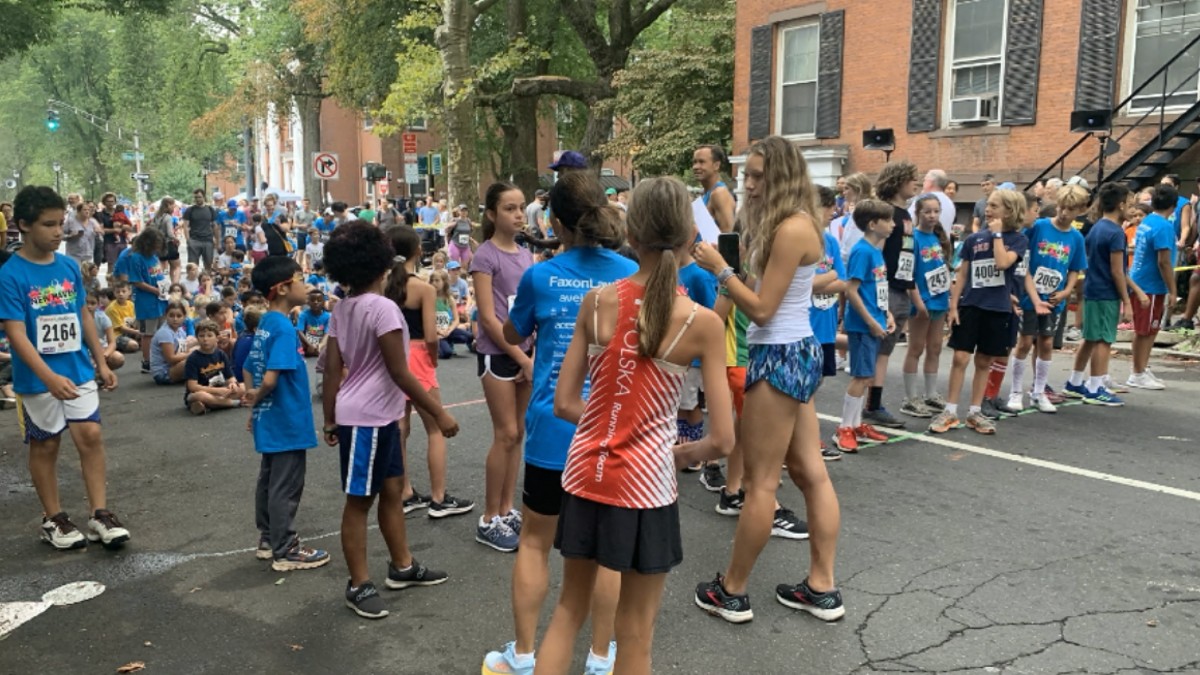The COVID-19 pandemic has created a "perfect storm" for so many people who are struggling with addiction. Many communities across the state saw an increase in the number of accidental drug intoxication deaths in 2020, including the City of Norwich.
Adam Milton, "One of a Kind"
Adam Milton's mom, Chris, said her son had a "zest for life". She describes him as funny, strong, hard-working.
Get top local stories in Connecticut delivered to you every morning. Sign up for NBC Connecticut's News Headlines newsletter.
"His friends say he was just one of a kind," said Milton.
At the age of 23, Adam owned his own landscaping business in Norwich. He loved his friends, family, his dog, and fishing.
"He was just a really good kid," his mom told NBC Connecticut.
Local
But 2020 brought its challenges. Adam's grandfather died not long after the pandemic started. His mom said that his grief and the stress of the COVID-19 pandemic were weighing on him.
“When he talked to me he was like, 'mom I have got to make some changes'," Milton said. "I think he regretted that short time.”
Without his family knowing, Adam started using cocaine. In early July, Adam overdosed in his parent's home.
Milton said she later learned that her son thought he was buying cocaine, but he was sold 100% fentanyl, an illegally made and much deadlier drug.
"Just in a split second that fentanyl changed his life and our family forever," said Milton.
Adam died on July 11, 2020, days after his overdose.
Milton said that if they would have seen any signs of drug use they would have fought to get Adam the help he needed. She said Adam's drug use did not last long and he had no idea that he was buying fentanyl.
Adam was one of 41 accidental drug overdose deaths in Norwich last year.
The family wrote in his obituary, "We feel strongly as a family that hiding the cause of his death will help no one; but if his story can stop just one person or an addict push even harder for sobriety, encourage an active user to choose recovery, or shine light on this horrible epidemic, then it is worth sharing."
Milton said it would mean the world if Adam's story can help just one person.
"It would mean that Adam's death is not in vain," said Milton.
Norwich Task Force: There is Help Available
The Norwich Task Force pulls together police, firefighters, recovery coaches, the health district and more. The group meets monthly and they have a goal of preventing more accidental drug intoxication deaths.
The task force has been working together for quite some time. They evaluate data, map where overdoses happen in the city and coordinate efforts on how to respond.
For example, any time someone overdoses in the city, the address is shared with a recovery coach. Within a week of the overdose a Norwich police officer and a recovery coach from Reliance Health will go to the address to follow up with the person.
"To give them information on where to get help, how to get help and who to call when they are ready to get help," explained Mike Doyle, who works for Reliance Health and co-chairs the task force.
Doyle said that kind of outreach is critical.
"We have really stepped up our efforts as far as getting things out into the community," said Doyle.
Connie Capacchione, a public health coordinator for Uncas Health District, also serves on the task force. She says there are four things people who are using drugs should know:
- Have naloxone available.
- Naloxone, also referred to as Narcan, is a drug that helps to revive people from an overdose. Capacchione said that people can get the life-saving drug at a pharmacy with out a prescription. Most insurances cover naloxone.
- Never use alone.
- Capacchione said that it is really important that if someone is using drugs, they have someone with them. If that is not possible, people can call 1-800-484-3731. "A person will ask for your name when you call, your exact location. If you don't respond at any time during this call, 911 is called," Capacchione explained.
- Understand the Good Samaritan Law.
- Capacchione said that the Good Samaritan Law protects people who call police to report an overdose. "We want people to know to not delay. Just call 911."
- There are medication assisted therapy options.
- Capacchione said this kind of therapy helps to relieve cravings from substance use.
NBC Connecticut Investigates has created interactive maps, charts and graphs to break down Connecticut’s 2020 accidental drug overdoses by age, race, gender, which drug was used and how many deadly overdoses occurred in each city or town.



